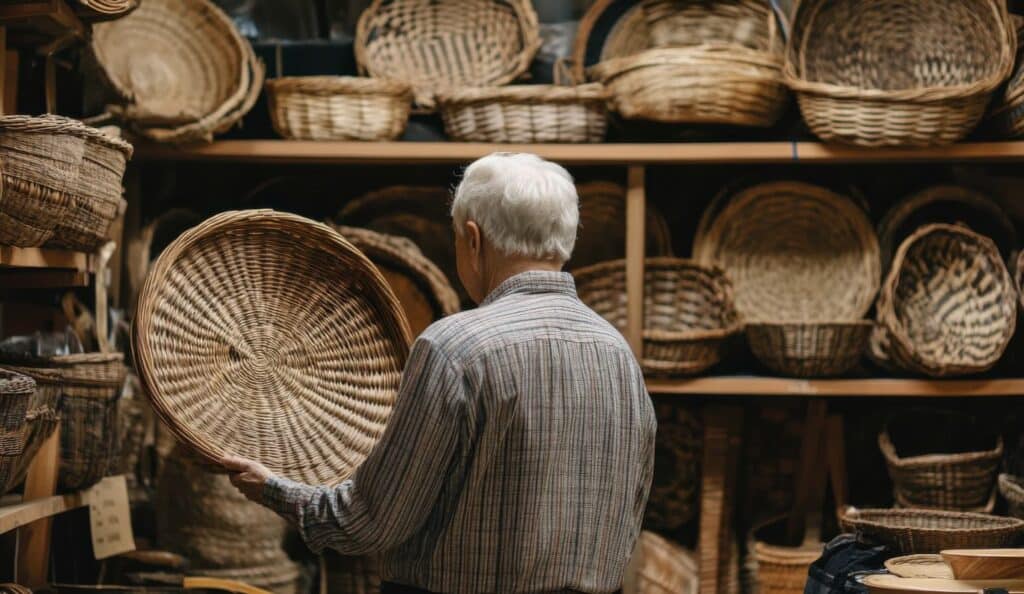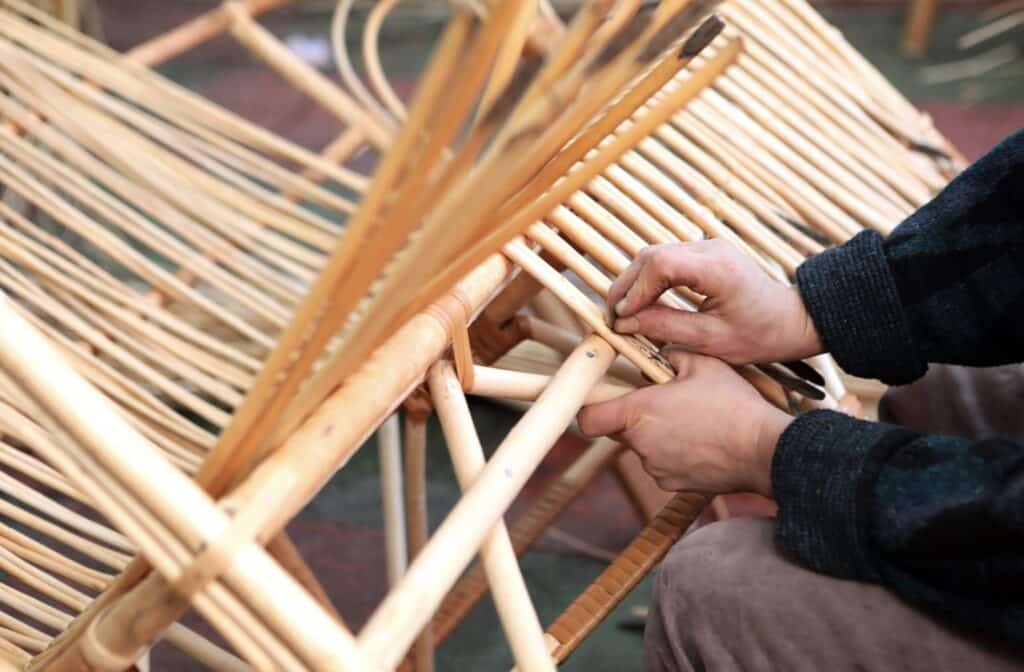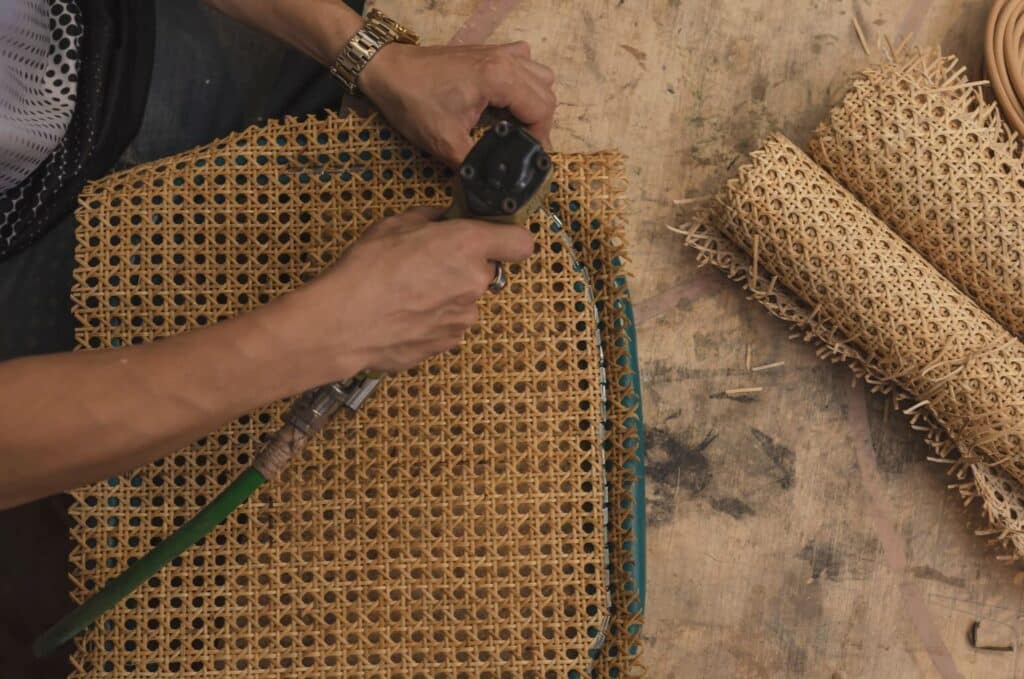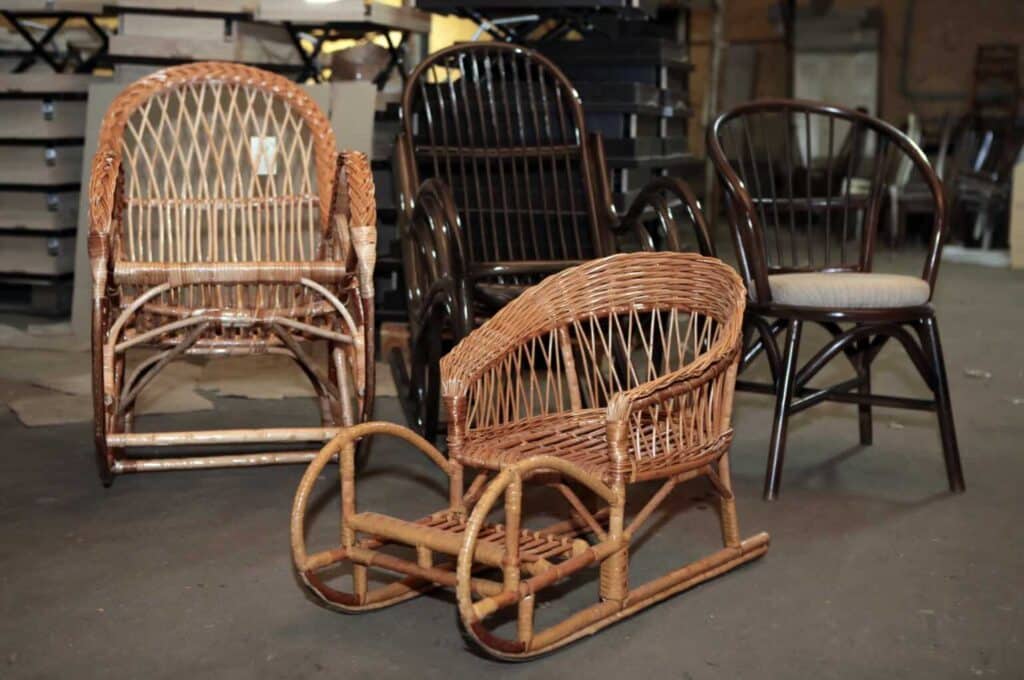The home decor industry is evolving rapidly, and sustainability is no longer just an option—it’s becoming a necessity. As consumers grow increasingly aware of their environmental impact, businesses that prioritize sustainable sourcing are gaining a competitive edge. For companies in the home decor industry, sourcing eco-friendly products not only benefits the planet but also builds trust and loyalty among customers.
At Mondoro, we recognize the importance of sustainable sourcing and strive to assist businesses in navigating the complexities of finding reliable suppliers and eco-friendly materials. In this blog post, we’ll explore the best practices and global insights for sourcing sustainable home decor products, highlighting the challenges, solutions, and opportunities that come with adopting a greener approach.
Table of Contents
- The Importance of Sustainable Sourcing in the Home Decor Industry
- Best Countries for Furniture Manufacturing
- Finding Reliable Suppliers
- Related Content
The Importance of Sustainable Sourcing in the Home Decor Industry
Sustainable sourcing is about more than just choosing eco-friendly materials—it’s about ensuring ethical practices, reducing waste, and supporting communities.
In the home decor industry, this means sourcing products made from renewable materials, partnering with suppliers who prioritize fair labor practices, and minimizing environmental impact throughout the supply chain.

Benefits for Businesses and the Environment
- Environmental Impact: Sustainable sourcing helps reduce deforestation, pollution, and carbon emissions, ultimately contributing to a healthier planet.
- Brand Reputation: Businesses that prioritize sustainability build trust and loyalty among environmentally conscious consumers.
- Long-Term Savings: While sustainable products may have higher upfront costs, their durability and ethical practices often lead to long-term savings.
- Market Demand: Eco-friendly products are increasingly in demand, offering businesses a competitive edge in the marketplace.
Understanding Sustainable Sourcing
What Qualifies as Sustainable Sourcing?
Sustainable sourcing involves choosing materials and suppliers that prioritize environmental and social responsibility. This includes:
- Renewable Materials: Bamboo, rattan, recycled metals, and reclaimed wood.
- Ethical Practices: Fair labor conditions, community support, and transparency in the supply chain.
- Low Environmental Impact: Energy-efficient manufacturing processes and reduced waste.
Certifications to Look For
Certifications can help identify suppliers who adhere to sustainable practices, but it’s essential to understand their limitations. Common certifications include:
- FSC (Forest Stewardship Council): Ensures wood and paper products come from responsibly managed forests.
- Fair Trade: Promotes ethical labor practices and fair wages.
- GREENGUARD: Certifies products with low chemical emissions.
- Global Organic Textile Standard (GOTS): Ensures organic textiles meet environmental and social criteria.
It’s worth noting that while certifications are helpful, they’re not the only indicator of sustainability.
At Mondoro, although we do not have a formal Fair Trade certification, we conduct regular audits to ensure our suppliers meet fair trade standards. Our commitment to ethical practices extends beyond certifications, focusing on tangible impact and genuine relationships.
Best Countries for Furniture Manufacturing
Overview of Top Countries
When it comes to sourcing sustainable home decor products, certain countries stand out for their exceptional craftsmanship, high-quality materials, and advanced manufacturing capabilities.

- Vietnam:
Vietnam has become a global leader in furniture manufacturing, thanks to its skilled labor force, access to sustainable materials, and ability to produce high-quality products at competitive prices. The country’s expertise in bamboo and rattan makes it an ideal choice for eco-friendly home decor. - India:
India is renowned for its rich tradition of handmade furniture and decorative items. The use of recycled materials and artisanal craftsmanship makes India an excellent option for sourcing unique, sustainable products. - Indonesia:
Indonesia is renowned for its rattan furniture and intricate woodwork. Many manufacturers in the region prioritize sustainability, using renewable materials and traditional techniques.
Key Factors in Choosing a Country
- Craftsmanship: Skilled artisans ensure the production of high-quality, durable products.
- Sustainability: Access to renewable materials like bamboo, rattan, and reclaimed wood.
- Cost: Balancing affordability with quality and eco-friendly practices.
Vietnam, in particular, stands out as a top choice for furniture manufacturing due to its combination of skilled labor, sustainable resources, and ability to meet international quality standards.
Finding Reliable Suppliers
Tips for Vetting Suppliers and Manufacturers
Sourcing sustainable home decor products starts with finding reliable suppliers. Here are some best practices:
- Communication: Reach out to potential suppliers and evaluate their responsiveness and willingness to collaborate.
- Samples: Request product samples to assess quality and craftsmanship.
- Audits: Conduct audits to ensure suppliers meet ethical and environmental standards.
- References: Check reviews and testimonials from other businesses that have worked with the supplier.
Using Online Platforms and Trade Shows Effectively
Online platforms and trade shows are excellent tools for finding suppliers, but they come with challenges:
- Online Platforms: While platforms like Alibaba and Global Sources can connect you with manufacturers, not all listed suppliers are genuine producers. Vet suppliers carefully to ensure they meet your standards.
- Trade Shows: Events like the Canton Fair or Ambiente offer opportunities to meet suppliers in person and evaluate their offerings.
At Mondoro, we believe in the importance of having boots on the ground. We serve as the eyes and ears for our customers, conducting quality inspections to ensure that suppliers deliver the right products at the right price.
Our presence in key manufacturing regions enables us to establish strong relationships with reliable suppliers and navigate the complexities of sustainable sourcing.
Eco-Friendly Product Ideas
Examples of Sustainable Home Decor Products to Source
- Recycled Materials: Furniture and decor made from recycled wood, metal, or glass.
- Handmade Items: Artisanal products crafted using traditional techniques and renewable materials.
- Natural Textiles: Rugs, cushions, and curtains made from organic cotton, jute, or hemp.
- Bamboo and Rattan: Lightweight, durable, and biodegradable furniture and accessories.
Trends in the Market
- Minimalism: Simple, functional designs that prioritize quality over quantity.
- Biophilic Design: Incorporating natural elements like wood, plants, and woven textures into decor.
- Circular Economy: Products designed for reuse, recycling, or composting at the end of their lifecycle.

Challenges and Solutions
Common Challenges in Sourcing Sustainably
- Small Suppliers: Many sustainable suppliers are small businesses with limited capacity and experience in international trade and exporting.
- High Costs: Eco-friendly materials and ethical practices often come with higher upfront costs.
- Limited Availability: Certain materials or products may be challenging to source consistently.
How Mondoro Can Help
At Mondoro, we specialize in overcoming these challenges:
- Small Suppliers: We work closely with small suppliers, helping them meet export standards and ensuring quality control.
- High Costs: Our on-the-ground presence allows us to negotiate fair prices and find cost-effective solutions.
- Limited Availability: We utilize our network of suppliers to reliably source sustainable materials and products.
Why Sustainable Sourcing Is the Future of Home Decor
Sustainable sourcing is not just a trend—it’s the future of the home decor industry. By prioritizing eco-friendly materials, ethical practices, and long-lasting designs, businesses can reduce their environmental impact, build trust with customers, and stay ahead in a competitive market.

Contact Mondoro Today!
At Mondoro, we’re committed to helping businesses source sustainable home decor products that make a difference. Whether you’re looking for bamboo furniture, rattan accessories, or handmade items, we’re here to be your trusted partner in sustainable sourcing.
Start sourcing eco-friendly products today with Mondoro, and join us in creating a greener future for the home decor industry. Let’s make sustainability the standard—one beautiful product at a time.
Find out more about how Mondoro can help you create, develop, and manufacture excellent home decor and furniture products – don’t hesitate to contact me, Anita. Check out my email by clicking here or become a part of our community and join our newsletter by clicking here.
Mondoro gives out a FREE Lookbook to anyone interested. You can receive a copy of our latest Lookbook by clicking here.
Listen to our Podcast called Global Trade Gal. You can find it on all major podcast platforms. Try out listening to one of our podcasts by clicking here.
Subscribe to our Mondoro Company Limited YouTube Channel with great videos and information by clicking here.
Related Content
What Is Natural Rattan Material Made Of?
Originating from the dense tropical rainforests, rattan is more than a material for your favorite wicker chair or basket. Read on as we guide you through the intricate journey of rattan, from its origins in the Calamoideae subfamily of the palm family to the craftsmanship involved in converting it into an array of beautiful and functional items. Join us as we unravel the secrets of natural rattan, and explore how it compares to its synthetic counterpart.
You can discover more by reading What Is Natural Rattan Material Made Of? by clicking here.
The Charm Of Peel Rattan Home Decor Accessories And Furniture
In a world where technology seems to permeate every aspect of our lives, there’s something inherently special about owning a piece of furniture or decor that’s been lovingly crafted by hand.
That is why we love the peel rattan or the rattan handwoven look. No matter how much industry has advanced, some things must be made by hand or have a human touch. Handwoven Peel rattan products are one such product. Read on as we explore peel rattan and why we love the material.
You can learn more by reading The Charm Of Peel Rattan Home Decor Accessories And Furniture by clicking here.
What Is The Difference Between Rattan, Wicker, And Cane Furniture?
Rattan is a type of palm or vine that grows in the jungles of Southeast Asia. Rattan refers to a kind of natural material. Wicker is a type of weave using rattan materials. Cane also refers to a type of weave that is usually woven using rattan material.
You can learn more by reading our blog What Is The Difference Between Rattan, Wicker, And Cane Furniture? by clicking here.

